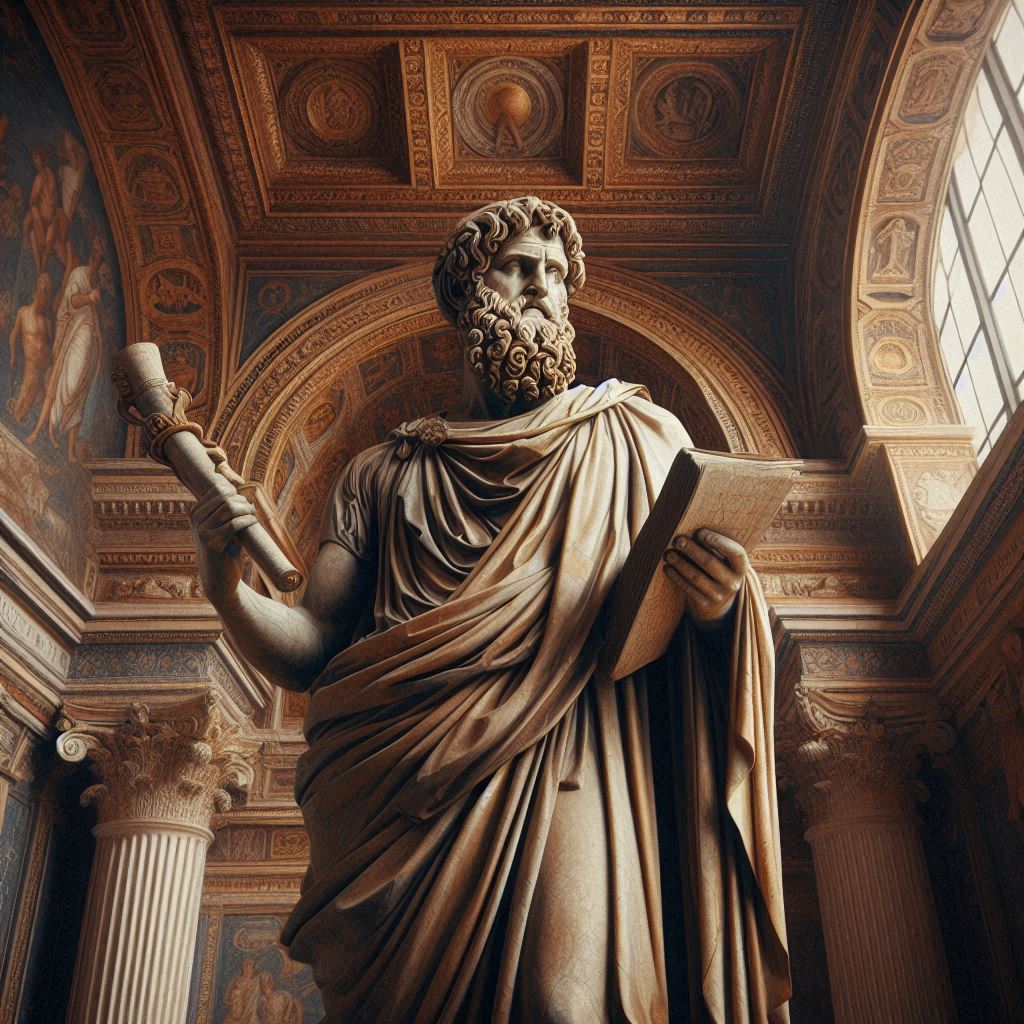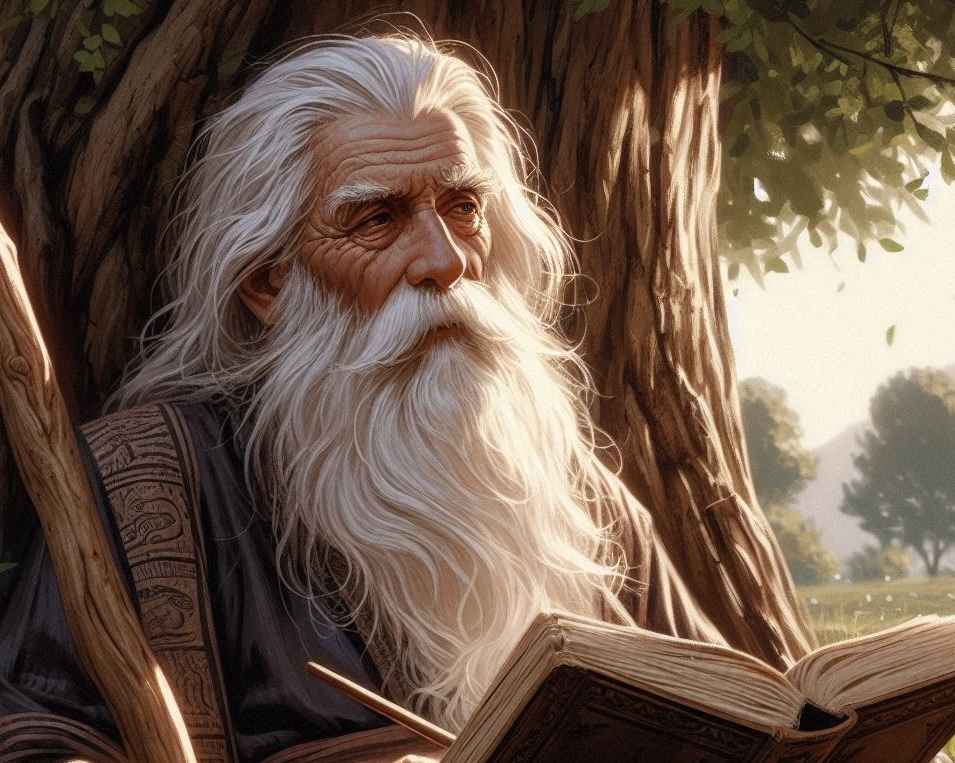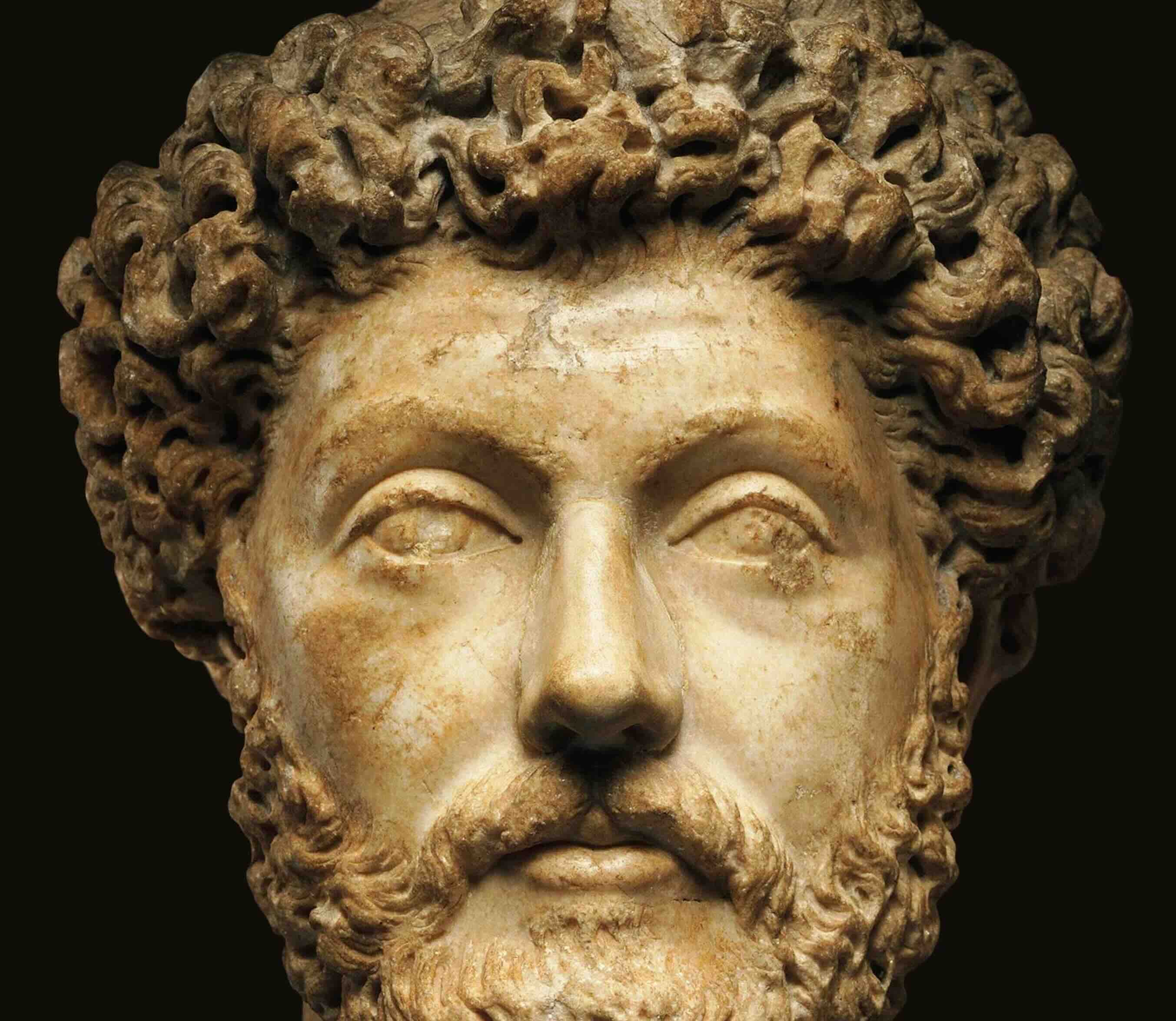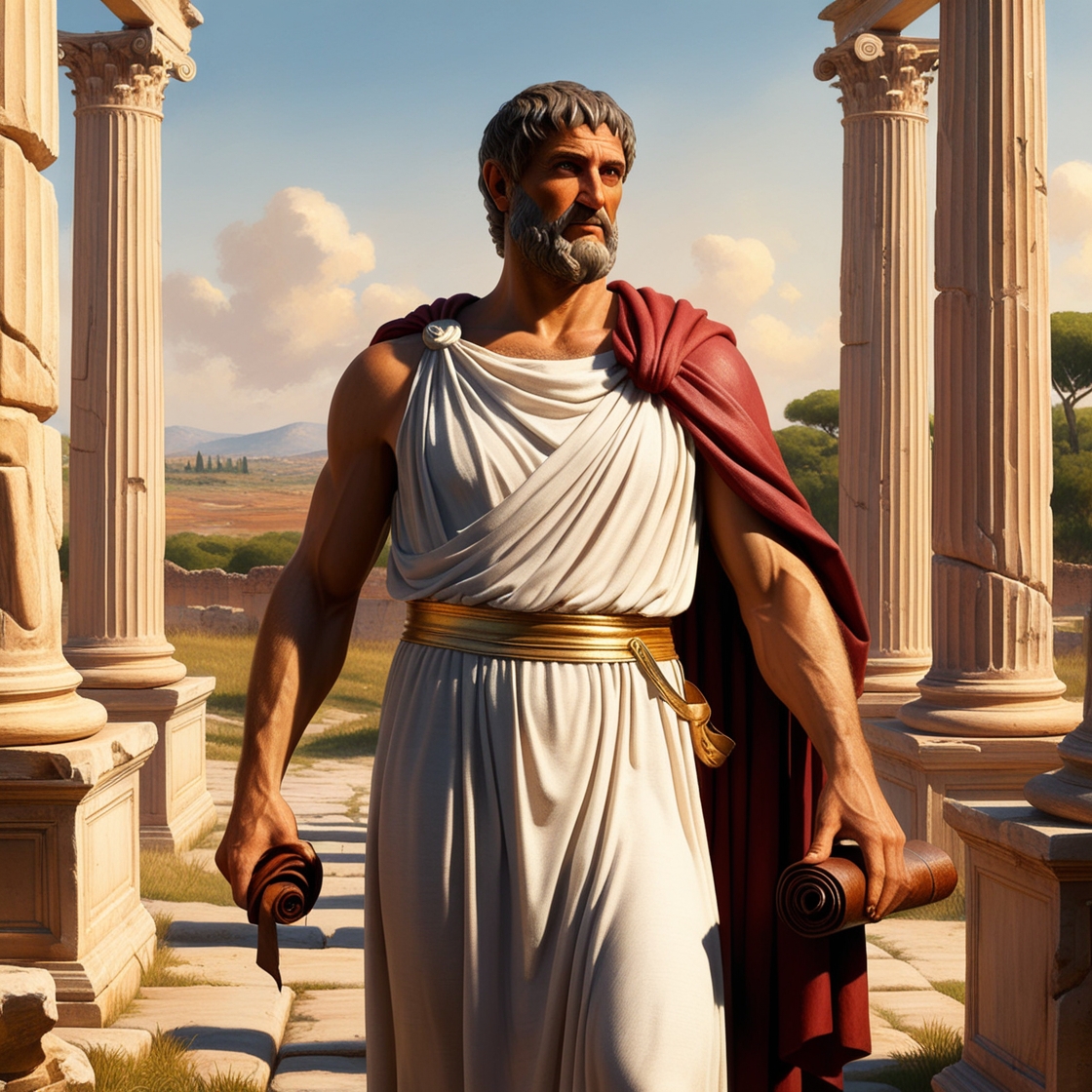· Person
Lao Tzu
A legendary figure in Chinese philosophy, traditionally regarded as the founder of Taoism (Daoism).
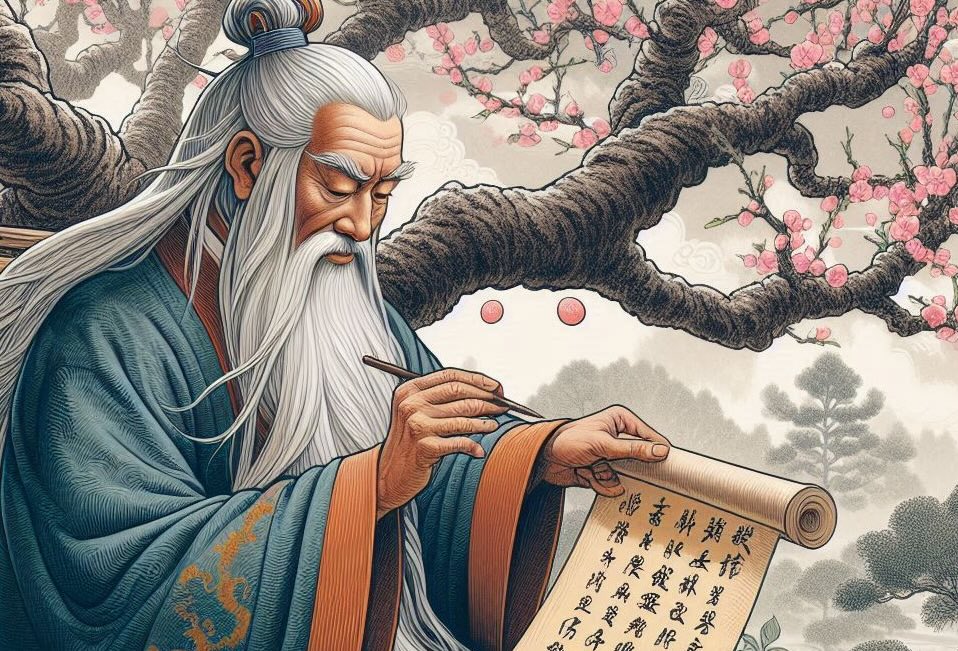
Lao Tzu
Lao Tzu (also spelled Laozi), meaning “Old Master,” is a legendary figure in Chinese philosophy, traditionally regarded as the founder of Taoism (Daoism) and the author of the Tao Te Ching, a foundational text of Taoist thought. Although it is debated whether he was a historical figure or a composite of various teachers, Lao Tzu is believed to have lived around the 6th century BC. His teachings emphasize living in harmony with the Tao, a key concept in Chinese philosophy that refers to the natural order of the universe.
Key Aspects of Lao Tzu’s Life and Teachings
1. The Tao Te Ching
Lao Tzu is best known for writing the Tao Te Ching, a short text consisting of 81 chapters, which forms the basis of Taoist philosophy. It explores themes such as:
- The nature of reality
- Virtue
- Governance
- Simplicity
The Tao Te Ching is written in a poetic, often paradoxical style, urging readers to reflect on the Tao (The Way) and how to align their lives with it.
2. The Tao (Dao)
The Tao is the central idea in Lao Tzu’s teachings. It is often translated as “The Way”, but it encompasses much more than a literal path. It refers to the underlying force that flows through all things and governs the natural order. Lao Tzu taught that humans should align themselves with the Tao to live harmoniously. He famously said:
- “The Tao that can be told is not the eternal Tao.”
3. Wu Wei (Non-Action)
A key teaching of Lao Tzu is the concept of Wu Wei, meaning “non-action” or “effortless action”. This refers to taking actions that are in harmony with the natural flow of life, without force or excessive effort. The principle emphasizes spontaneity and acting with the natural order rather than against it.
4. Simplicity and Humility
Lao Tzu advocated for simplicity and humility, teaching that excessive desire, materialism, and ambition lead people away from the Tao. He believed true strength lies in:
- Gentleness and humility, aligning with the Tao’s soft and yielding nature.
- Famous quote: “The soft overcomes the hard, and the weak overcomes the strong.”
5. Balance and Opposites (Yin and Yang)
Lao Tzu highlighted the importance of balance, particularly through the concept of Yin and Yang, which represent opposing but complementary forces. Life is a balance of opposites (light/dark, life/death), and harmony is achieved by accepting both sides as part of the natural order.
6. Leadership and Governance
In the Tao Te Ching, Lao Tzu offers insights on leadership, advocating for a hands-off style of governance. He believed the best leaders:
- Act in accordance with the Tao.
- Lead by example, allowing people to govern themselves.
- Famous quote: “A leader is best when people barely know he exists, when his work is done, they will say: we did it ourselves.”
7. Embracing Uncertainty and the Unknown
Lao Tzu encouraged accepting the mystery of life and recognizing that not everything can be explained or controlled. He believed that embracing the unknown and uncertainty leads to peace and wisdom, as the Tao is beyond human comprehension.
Legacy and Influence
Lao Tzu’s influence extends beyond Taoism. His teachings have impacted Buddhism, Confucianism, and Chinese culture as a whole. In modern times, his ideas about simplicity, balance, and living in harmony with the natural world have resonated with people seeking inner peace and mindfulness. The concepts of Wu Wei and Yin and Yang continue to shape philosophical and practical approaches to life, leadership, and self-development.
Conclusion
Lao Tzu remains a central figure in Chinese philosophy and the foundation of Taoism. His teachings on the Tao, Wu Wei, and balance offer profound insights into living a harmonious and peaceful life by aligning with the natural order of the universe.
Stoic-Like Quotes from Lao Tzu
While Lao Tzu is a Taoist philosopher, many of his teachings align closely with Stoic principles, particularly in their focus on simplicity, humility, and accepting the natural order of the universe. Here are some quotes from Lao Tzu’s Tao Te Ching that reflect Stoic ideas:
1. Acceptance and Control
“Do you have the patience to wait until your mud settles and the water is clear? Can you remain unmoving until the right action arises by itself?”
— Lao Tzu
Stoic parallel: This reflects the Stoic idea of patience and acceptance. Focus on what you can control, and wait for clarity before taking action, similar to the Stoic principle of controlling your responses to events.
2. Humility and Strength
“The soft overcomes the hard; the gentle overcomes the rigid.”
— Lao Tzu
Stoic parallel: True strength comes from resilience and flexibility, not from force. This echoes the Stoic belief in inner strength and endurance rather than aggressive domination.
3. Simplicity and Contentment
“Be content with what you have; rejoice in the way things are. When you realize there is nothing lacking, the whole world belongs to you.”
— Lao Tzu
Stoic parallel: Similar to Stoicism’s teaching of contentment with the present moment, Lao Tzu emphasizes finding happiness by appreciating what you have, a key Stoic practice.
4. Non-Attachment and Serenity
“When I let go of what I am, I become what I might be.”
— Lao Tzu
Stoic parallel: Letting go of attachments and ego aligns with the Stoic idea of detachment, allowing for greater personal growth and peace.
5. Inner Peace and Quietude
“Silence is a source of great strength.”
— Lao Tzu
Stoic parallel: Like the Stoic pursuit of inner stillness, Lao Tzu teaches that quiet reflection and serenity provide a source of strength, especially in a chaotic world.
6. Leadership and Self-Mastery
“He who controls others may be powerful, but he who has mastered himself is mightier still.”
— Lao Tzu
Stoic parallel: This aligns with the Stoic belief that self-mastery and control over one’s mind and emotions are the highest forms of strength, more powerful than ruling over others.
7. Flow with Nature
“Life is a series of natural and spontaneous changes. Don’t resist them; that only creates sorrow. Let reality be reality. Let things flow naturally forward in whatever way they like.”
— Lao Tzu
Stoic parallel: The Stoic principle of Amor Fati (love of fate) teaches that we should embrace life’s changes and flow with them, accepting them as part of nature’s order.
8. Wisdom through Simplicity
“I have just three things to teach: simplicity, patience, compassion. These three are your greatest treasures.”
— Lao Tzu
Stoic parallel: Like Stoicism, Lao Tzu emphasizes living a life of simplicity and focusing on virtuous qualities like patience and compassion to cultivate wisdom.
“Be content with what you have; rejoice in the way things are.”

